The Marvel Cinematic Universe has reshaped entertainment with its interconnected films and TV series, weaving a long-running, cohesive story. In contrast, Marvel video games exist as standalone experiences, with no narrative links between them. For instance, Insomniac’s Spider-Man games share no connection with Eidos-Montreal’s Guardians of the Galaxy. Likewise, upcoming titles like Marvel 1943: Rise of Hydra, Marvel’s Wolverine, and Marvel’s Blade operate independently, without any shared elements.
However, Disney once explored the idea of a Marvel Gaming Universe, aiming to replicate the MCU’s success for video games. So why did this ambitious plan never materialize?

Which Recent Superhero Game Reigns Supreme: DC or Marvel?
Cast your vote


New matchup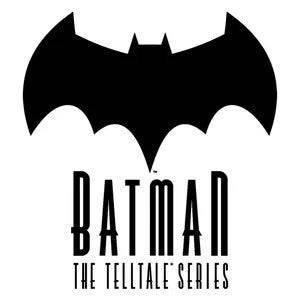 FIRST
FIRST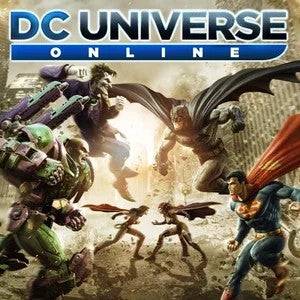 SECOND
SECOND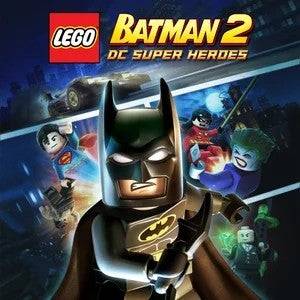 THIRDView your resultsComplete the game for personalized outcomes or explore the community’s picks!Keep playingSee results
THIRDView your resultsComplete the game for personalized outcomes or explore the community’s picks!Keep playingSee results
During an episode of The Fourth Curtain podcast, host Alexander Seropian and guest Alex Irvine revisited the MGU concept they both contributed to, shedding light on why it was ultimately abandoned.
Seropian, renowned as a co-founder of Bungie, the studio behind Halo and Destiny, later led Disney’s gaming division before departing in 2012. Irvine, a veteran writer for Marvel games, most recently crafted world-building, dialogue, and character backstories for the hit title Marvel Rivals.
Reflecting on his earlier Marvel projects, Irvine discussed the shelved MGU plan.
“When I began working on Marvel games, there was a vision to establish a Marvel gaming universe, mirroring the MCU’s approach,” Irvine recalled. “Unfortunately, it never gained traction.”
Seropian clarified that the MGU was his “brainchild,” but it failed to secure funding from Disney’s leadership.
“During my tenure at Disney, I proposed linking these games together—this was before the MCU took off,” Seropian explained. “But the project never received financial backing.”
Irvine, who had contributed to Bungie’s acclaimed alternate reality game I Love Bees, elaborated on how the MGU would have functioned.
“It was incredibly frustrating because we had developed numerous innovative ideas to make it work,” he said.
“Coming from an ARG background, I imagined incorporating interactive elements. We envisioned a central hub connecting all games, allowing players to transition between titles seamlessly. We could integrate comics, original content, and more. But as Alex mentioned, without funding, we shifted to producing individual games.”
So what prevented the MGU from gaining internal support? Irvine speculated that the concept grew too intricate, deterring key decision-makers at Disney.
“Even then, we were grappling with questions like, ‘How does the MGU differentiate from comics or films? How do we maintain consistency?’ The complexity of these issues seemed to discourage some at Disney from pursuing the idea further,” Irvine noted.
It’s intriguing to imagine an alternate reality where the MGU received the necessary resources. Perhaps Insomniac’s Spider-Man games would have coexisted with Square Enix’s Marvel’s Avengers and Guardians of the Galaxy, featuring cross-over cameos or building toward an epic, Endgame-like culmination.
Looking forward, speculation surrounds Insomniac’s upcoming Wolverine game. Will it share a universe with Spider-Man? Could characters from the Spider-Man series make appearances in Wolverine?
For now, the MGU remains another unrealized concept in gaming history. Yet, in some parallel universe, it might have become a reality…


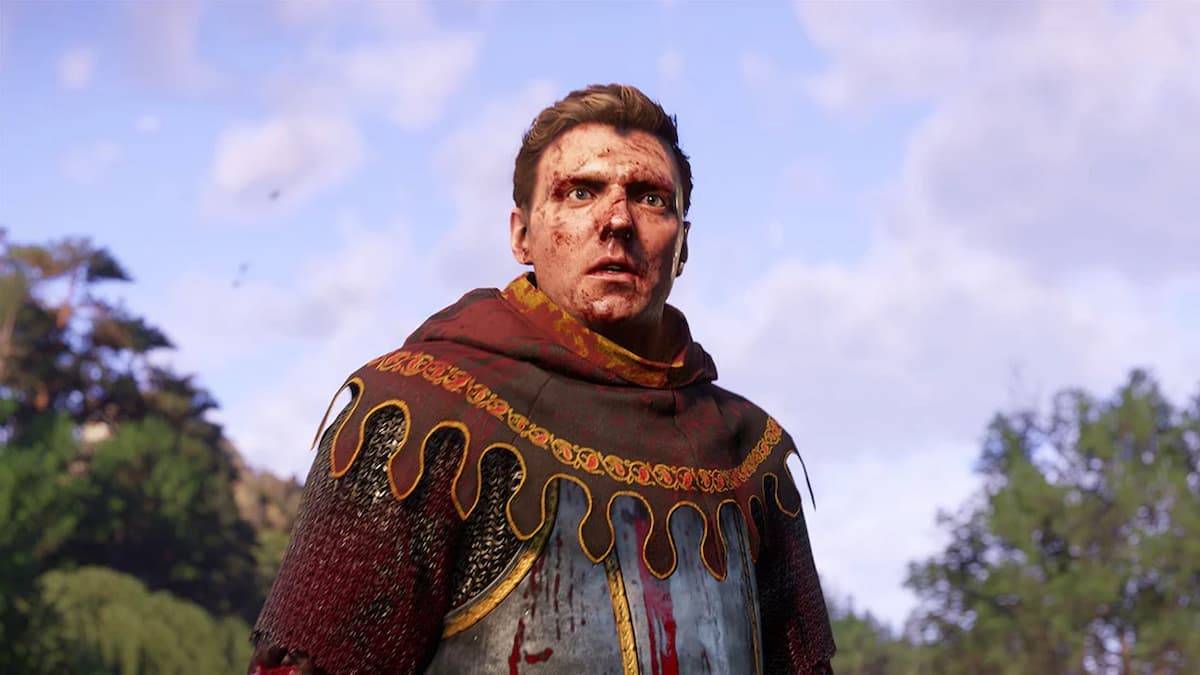
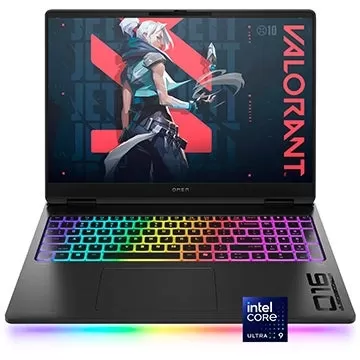

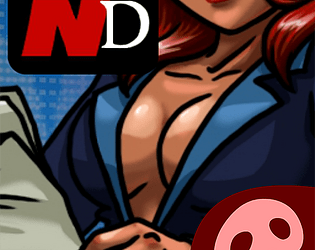
![Chubby Story [v1.4.2] (Localizations)](https://images.737c.com/uploads/85/1719638042667f981a5e9f8.jpg)


